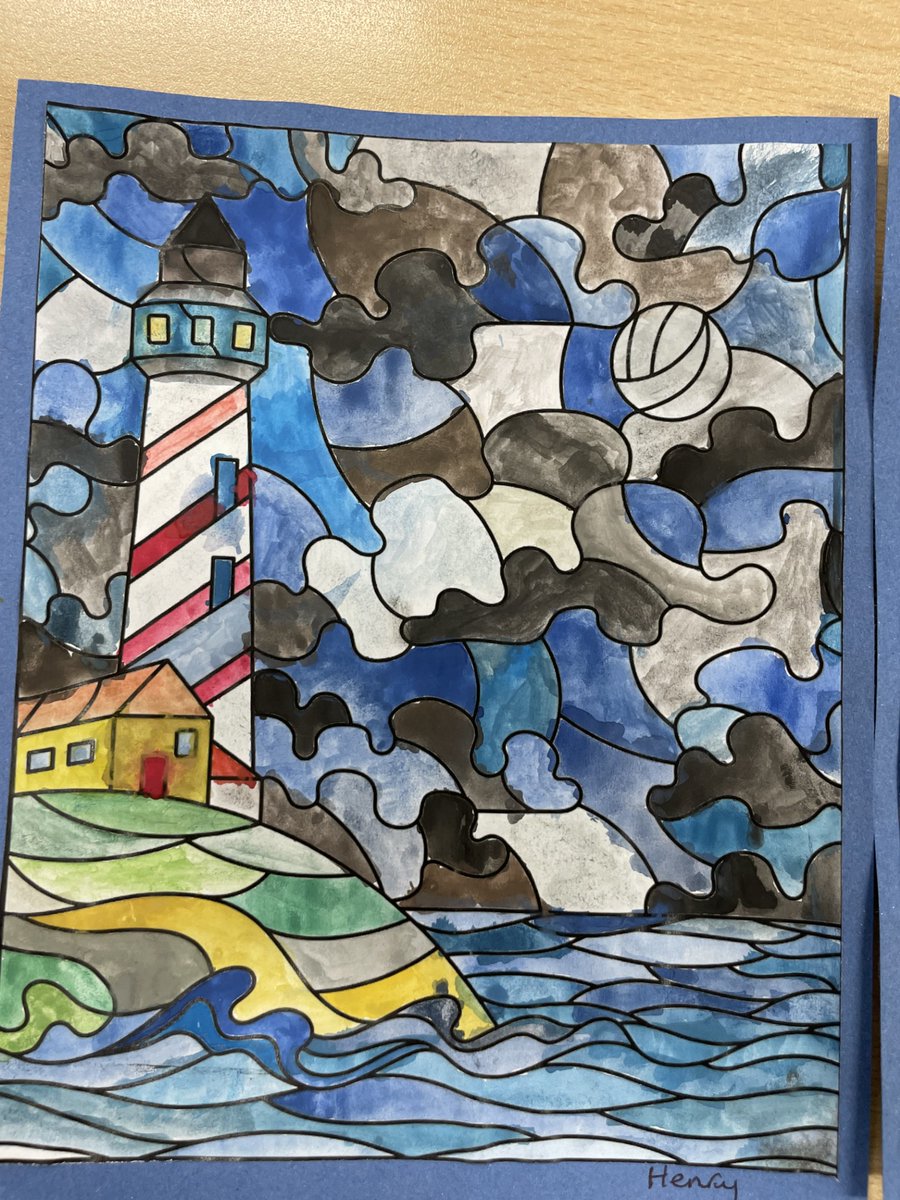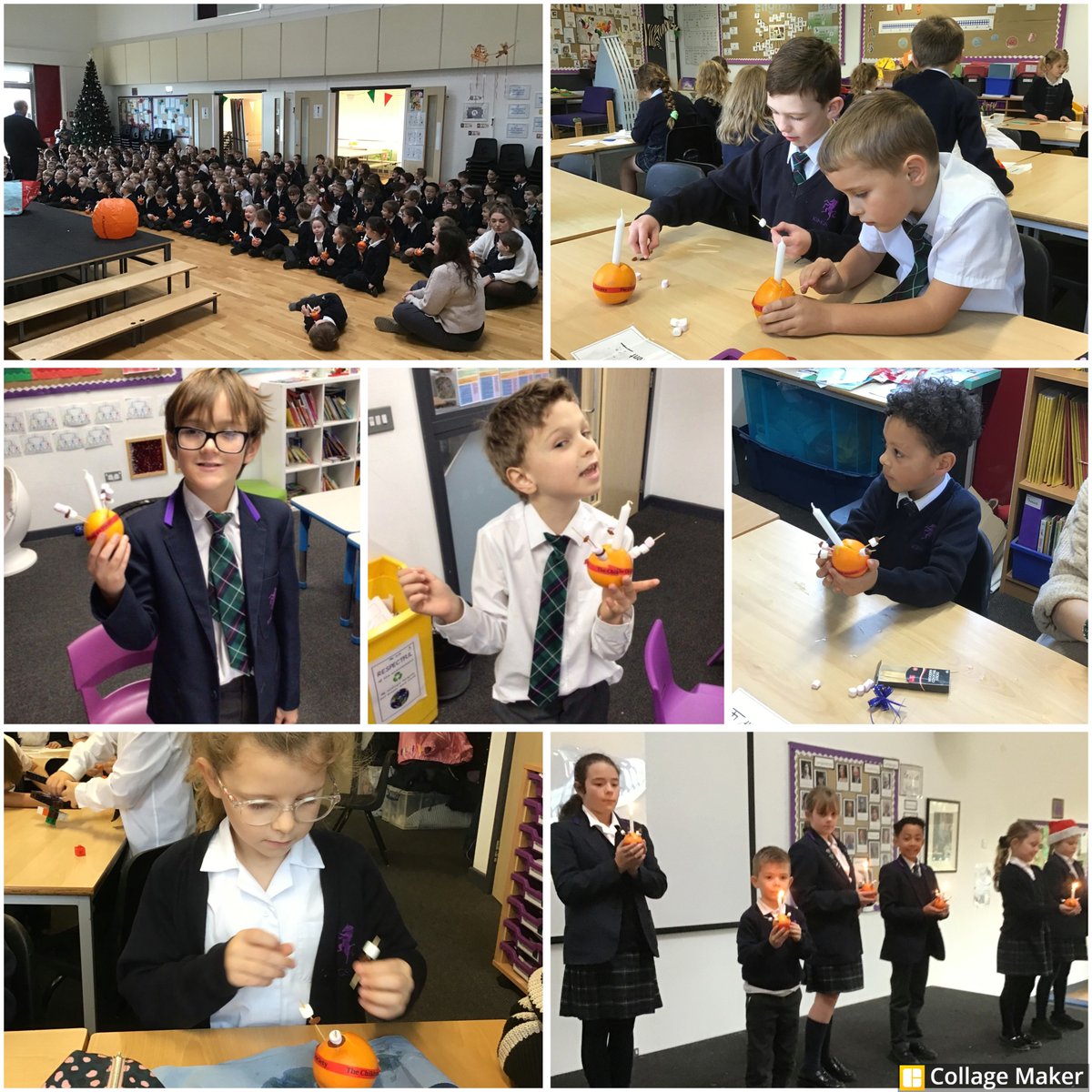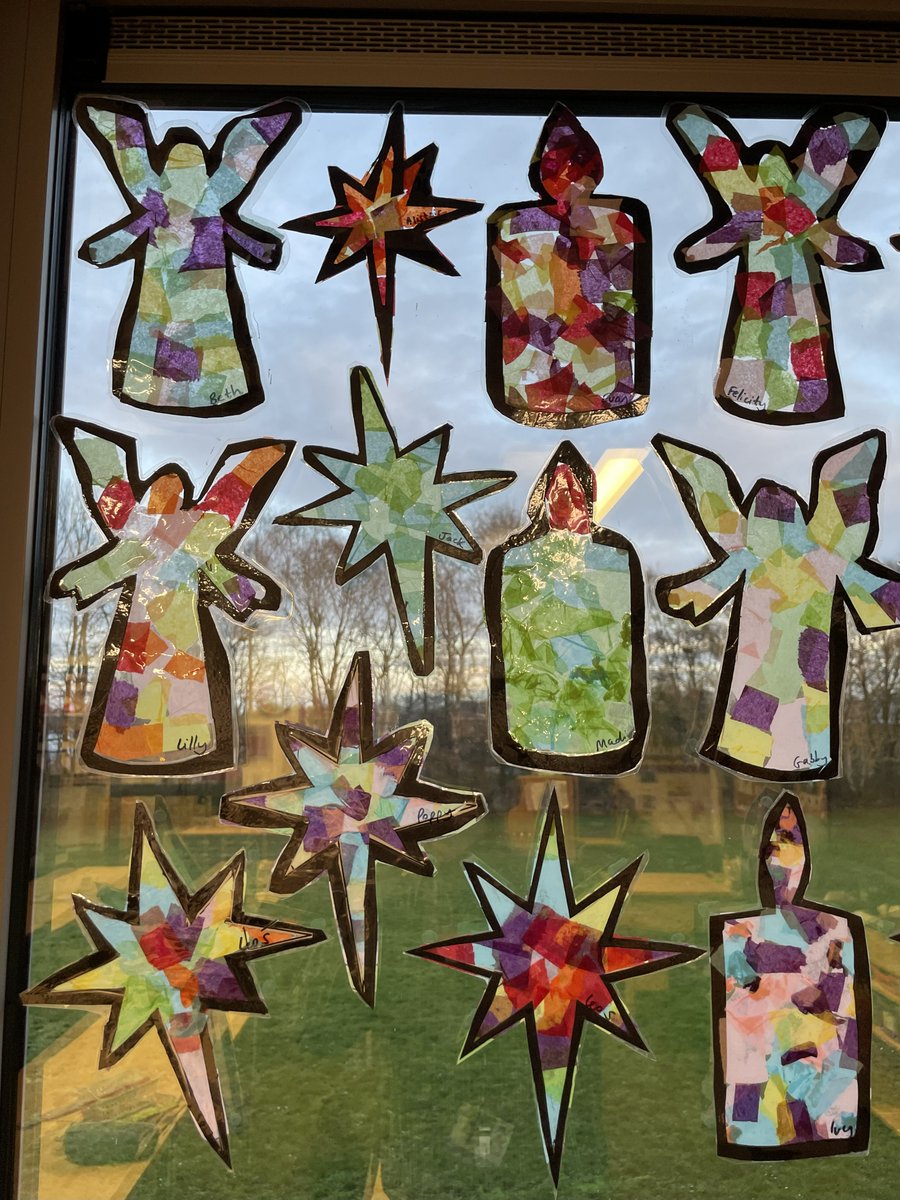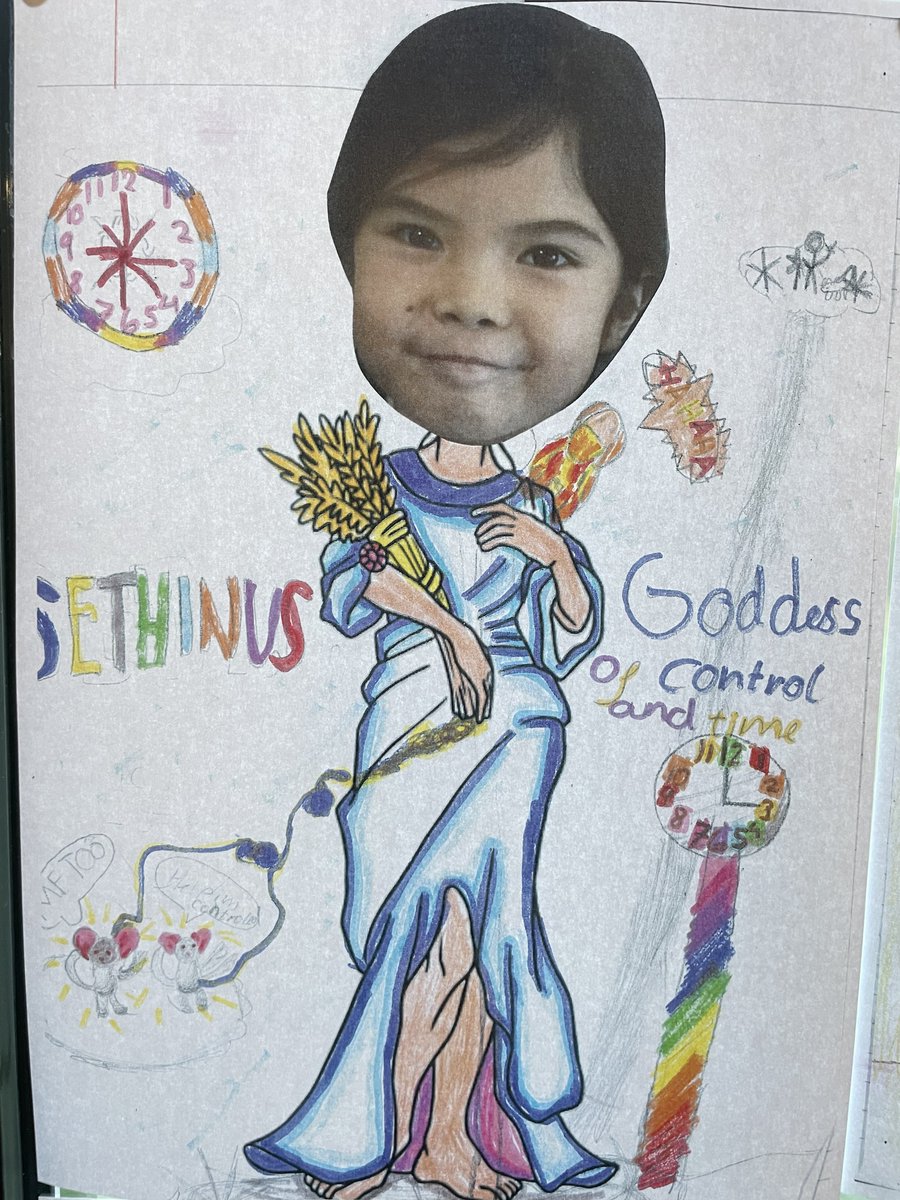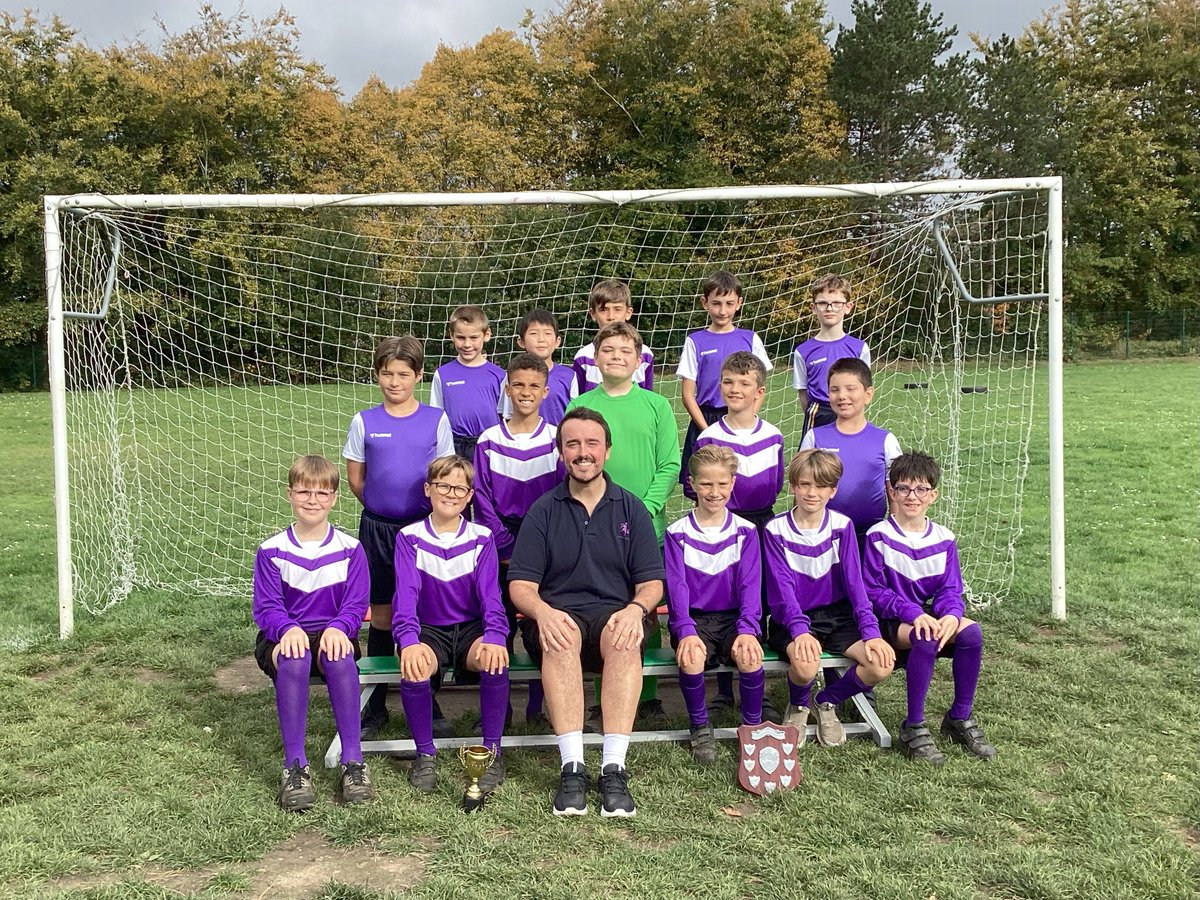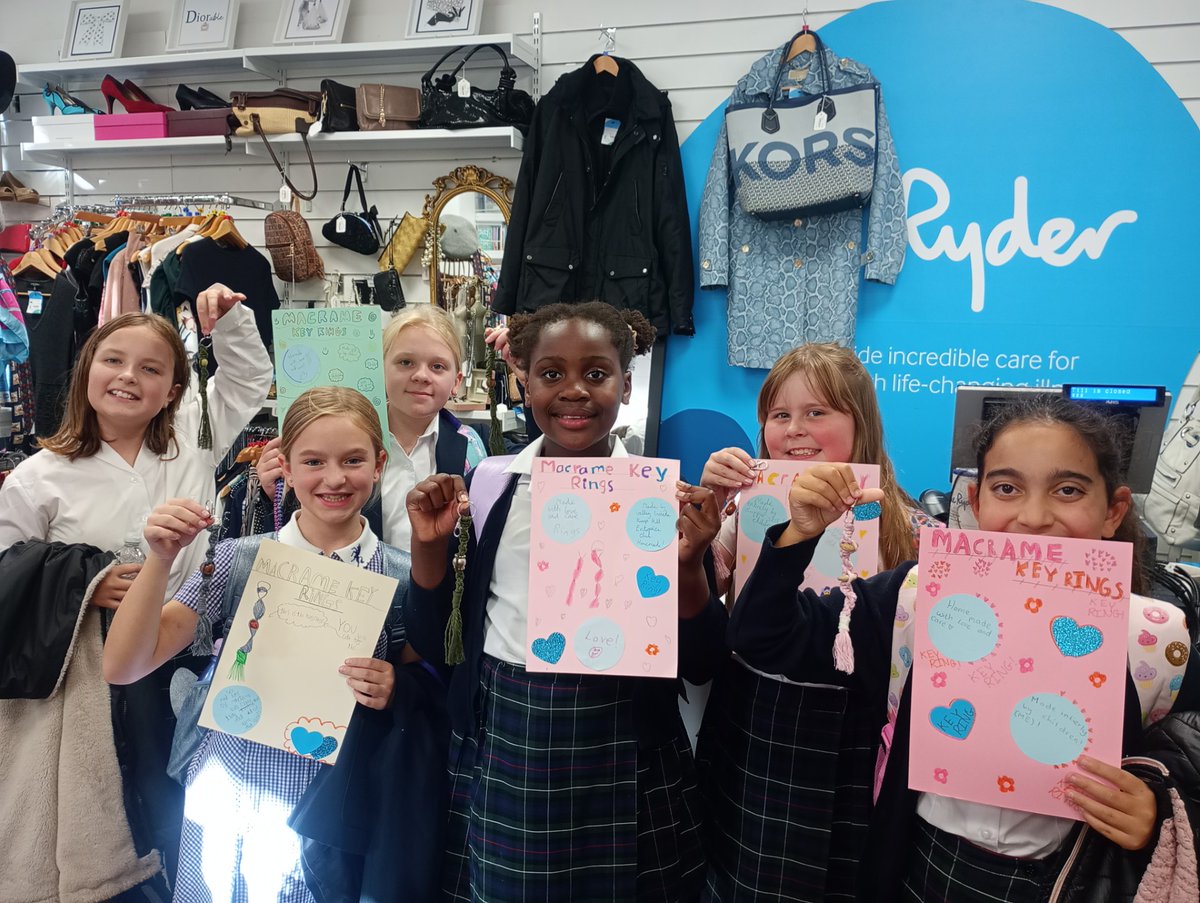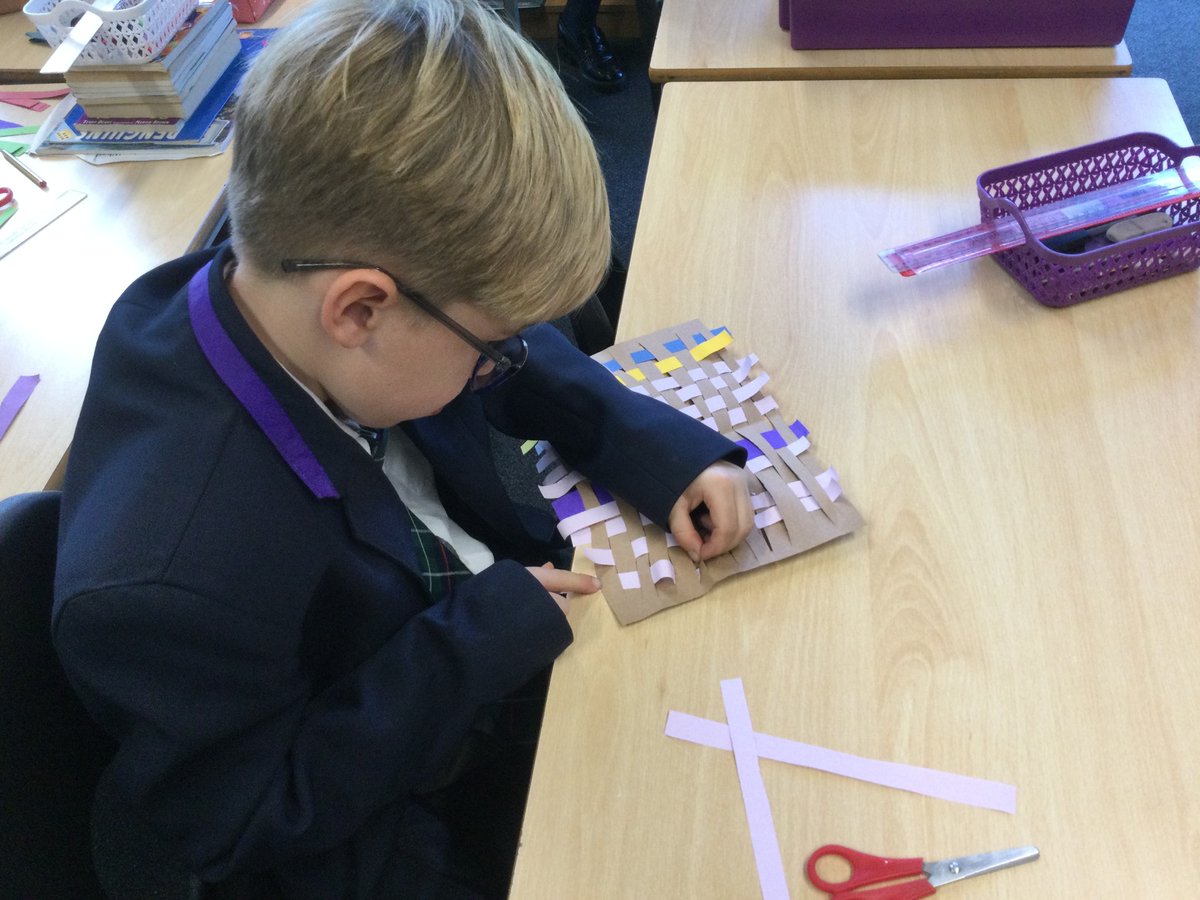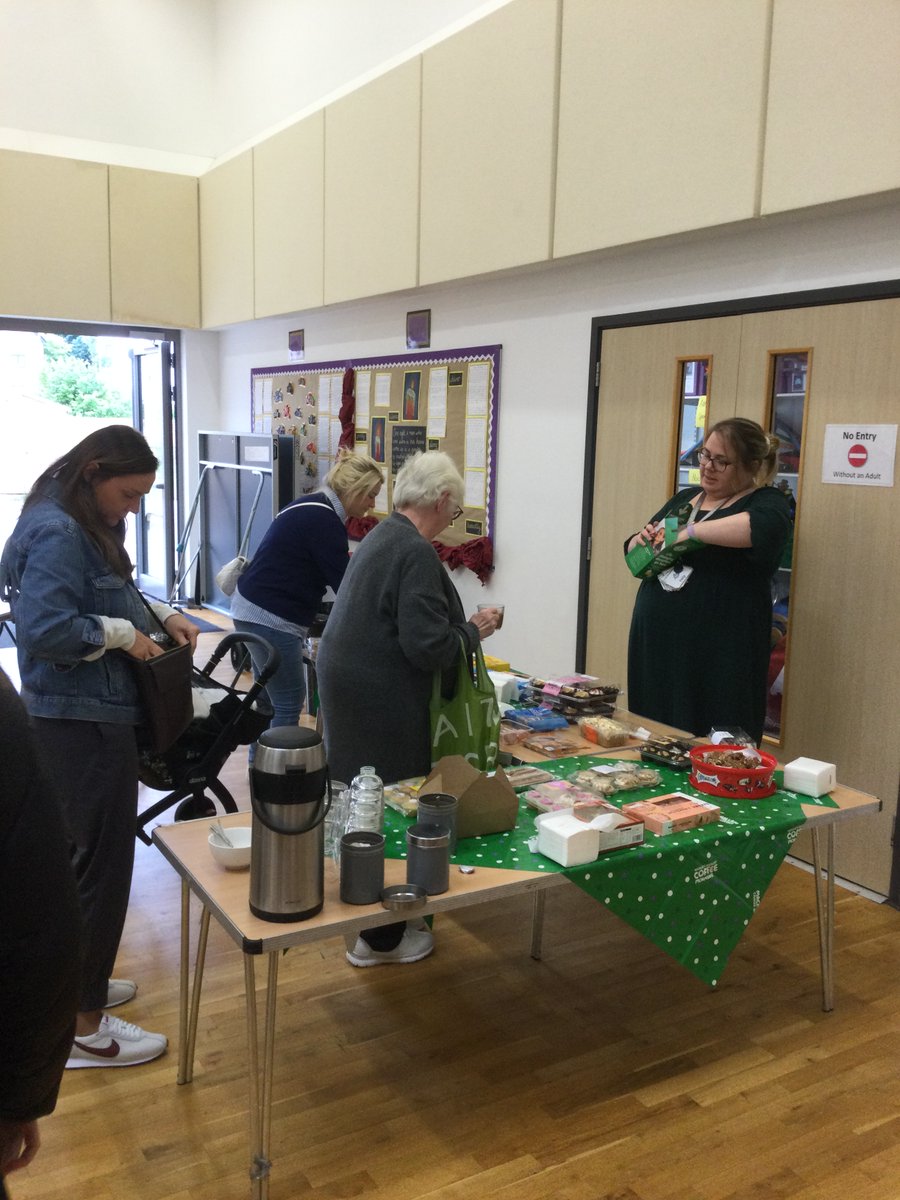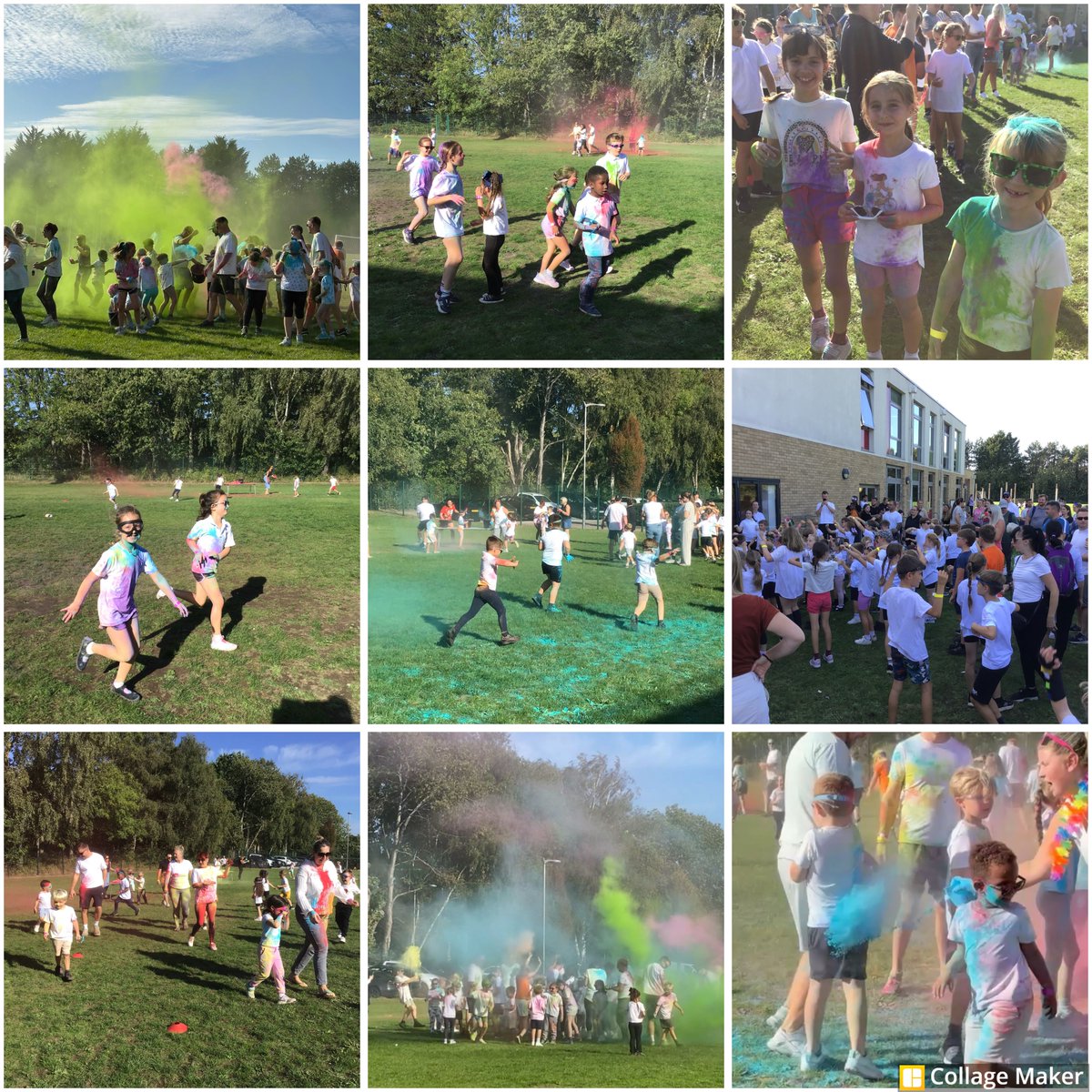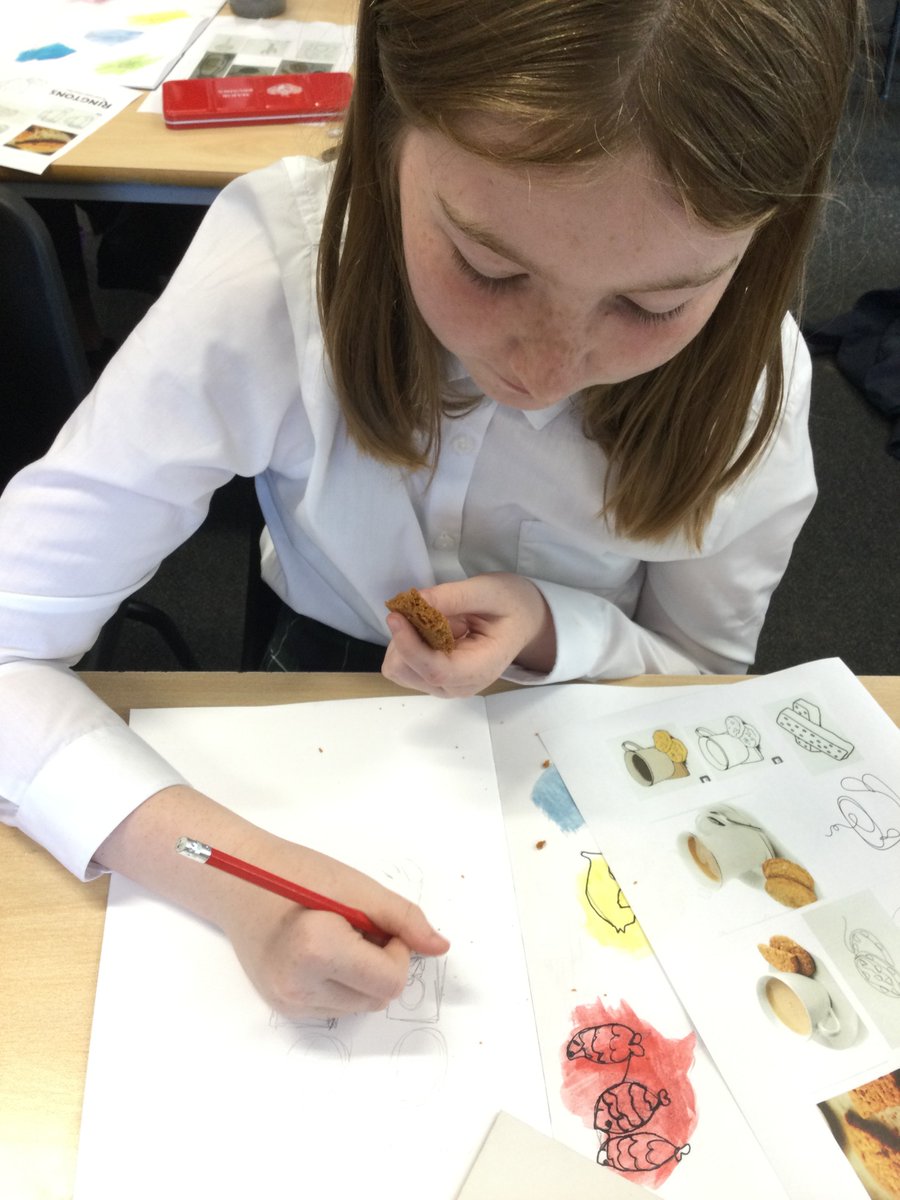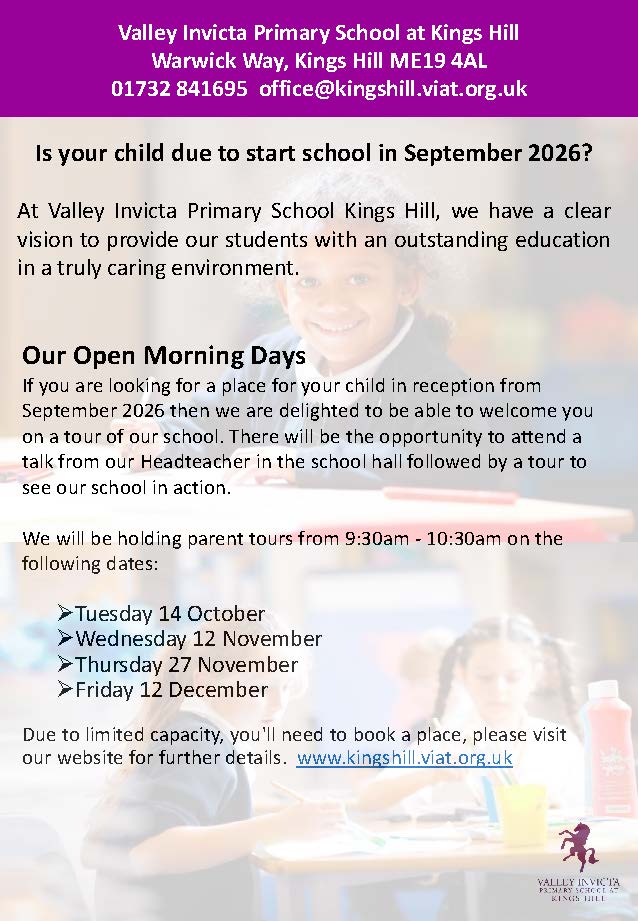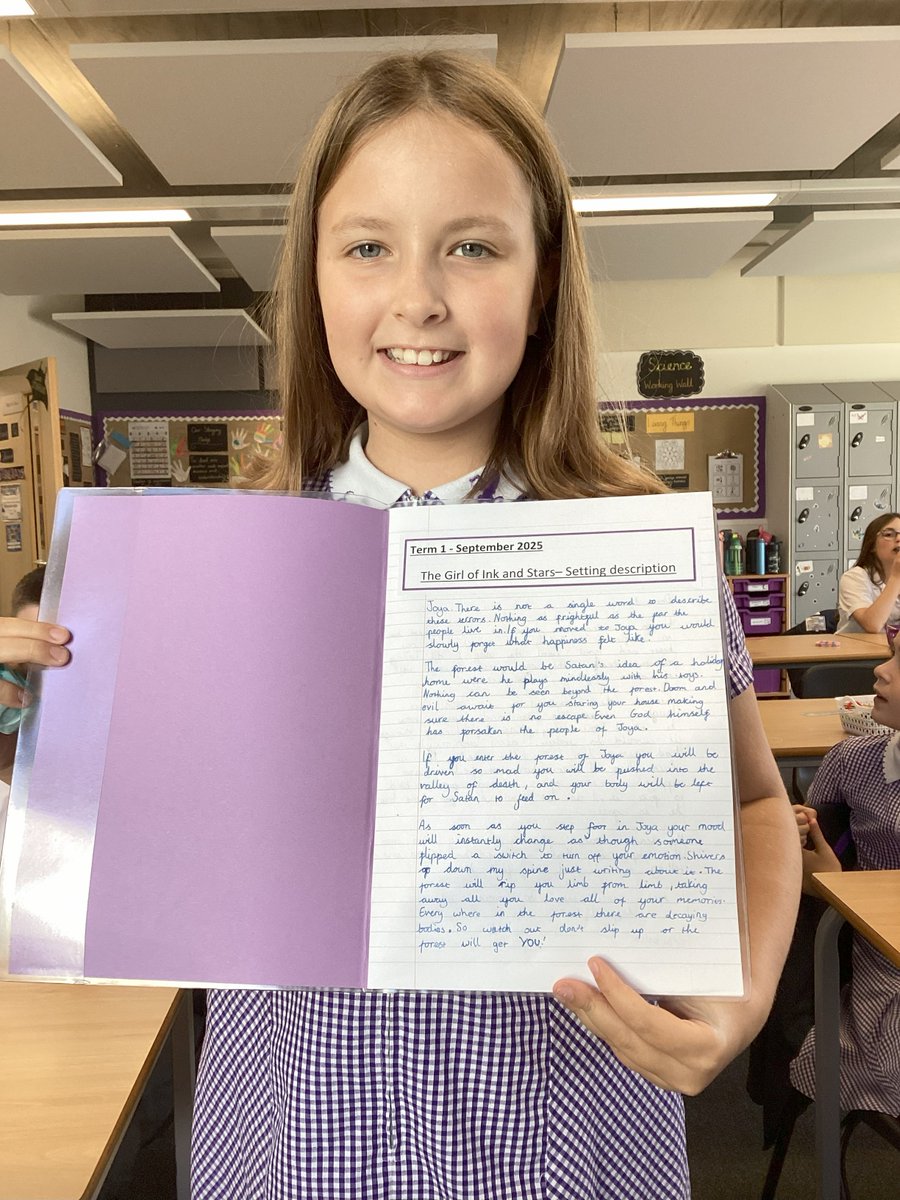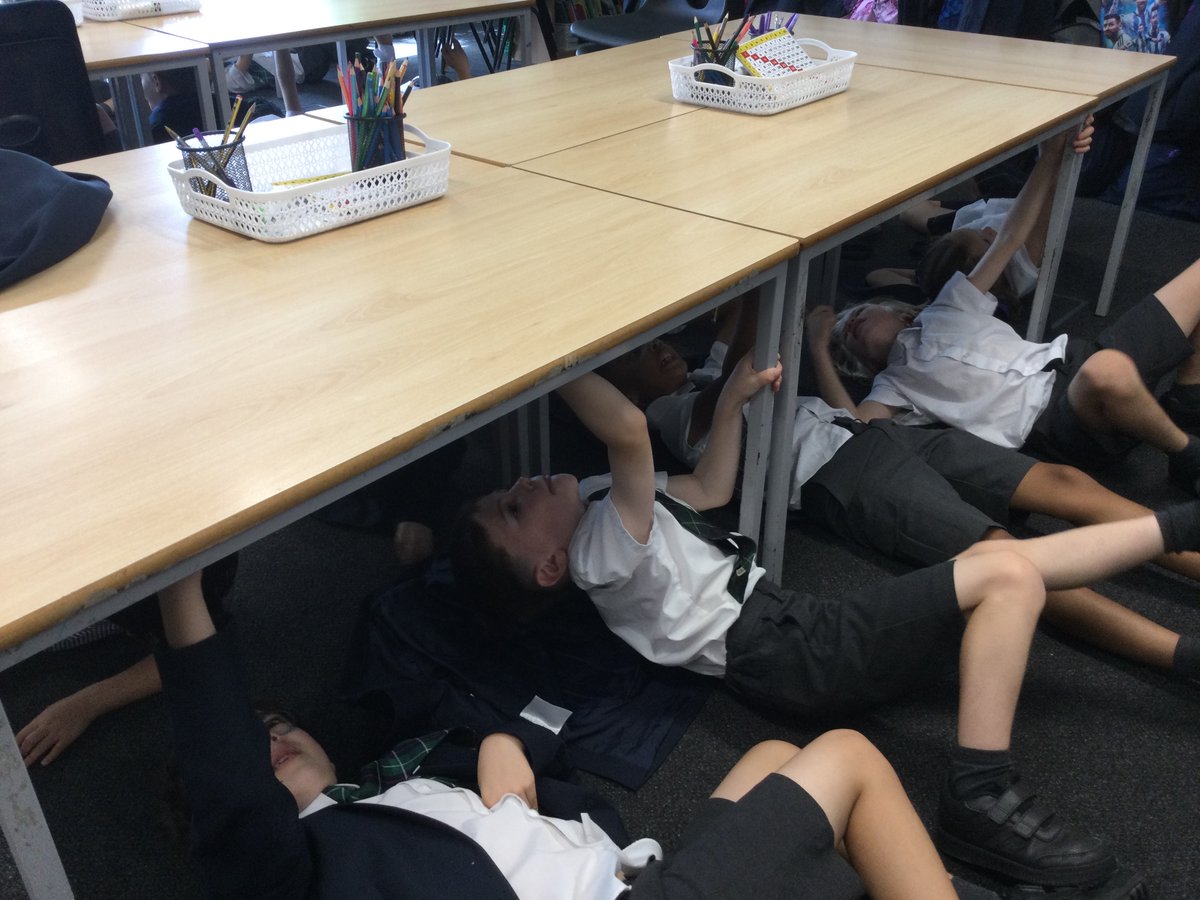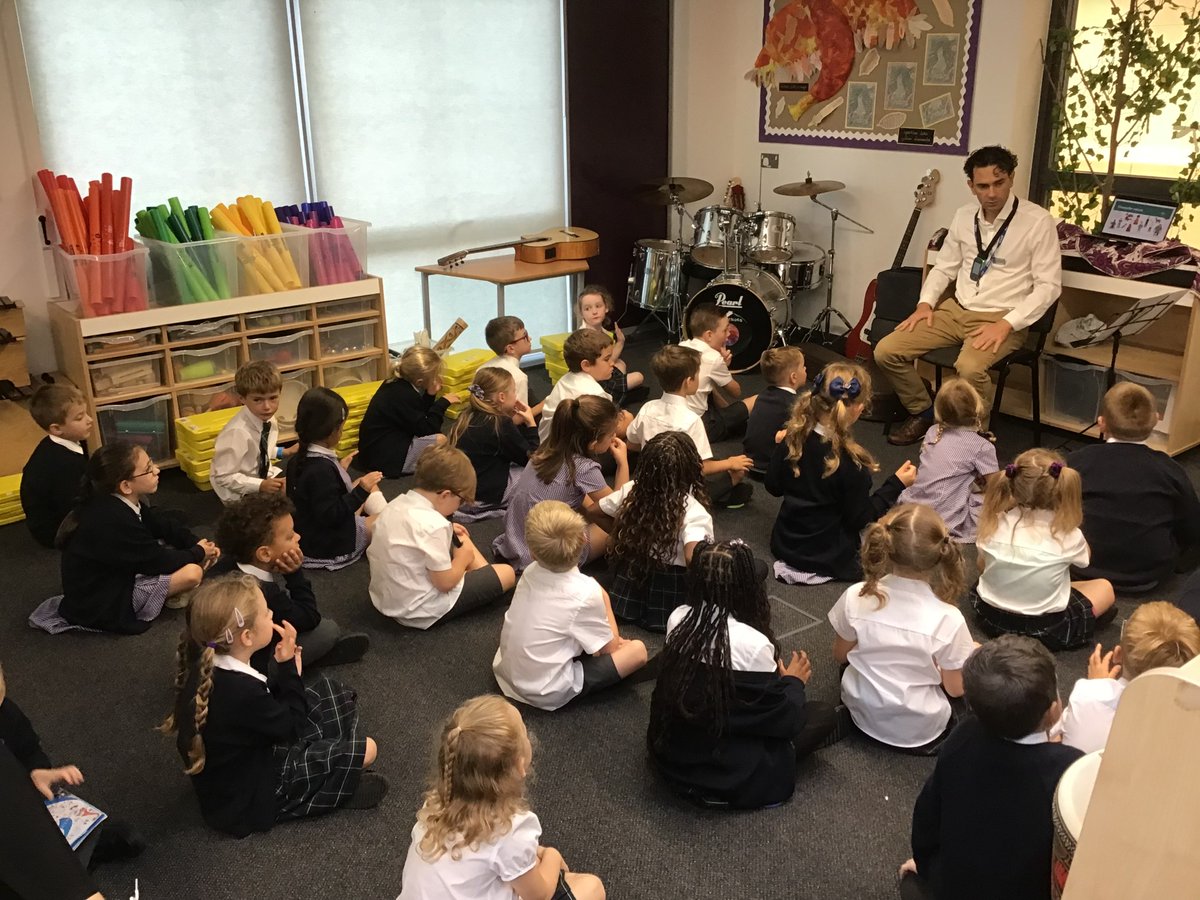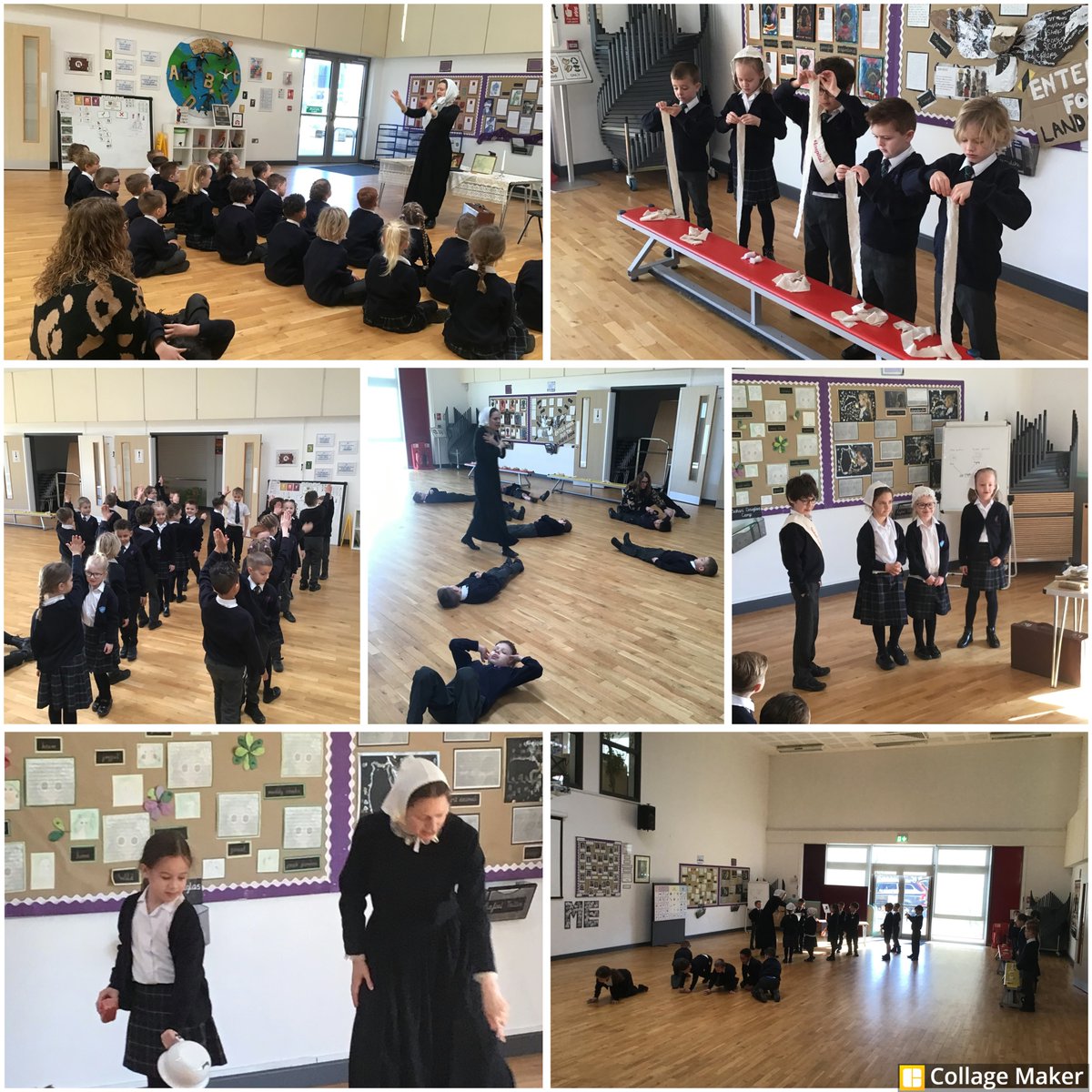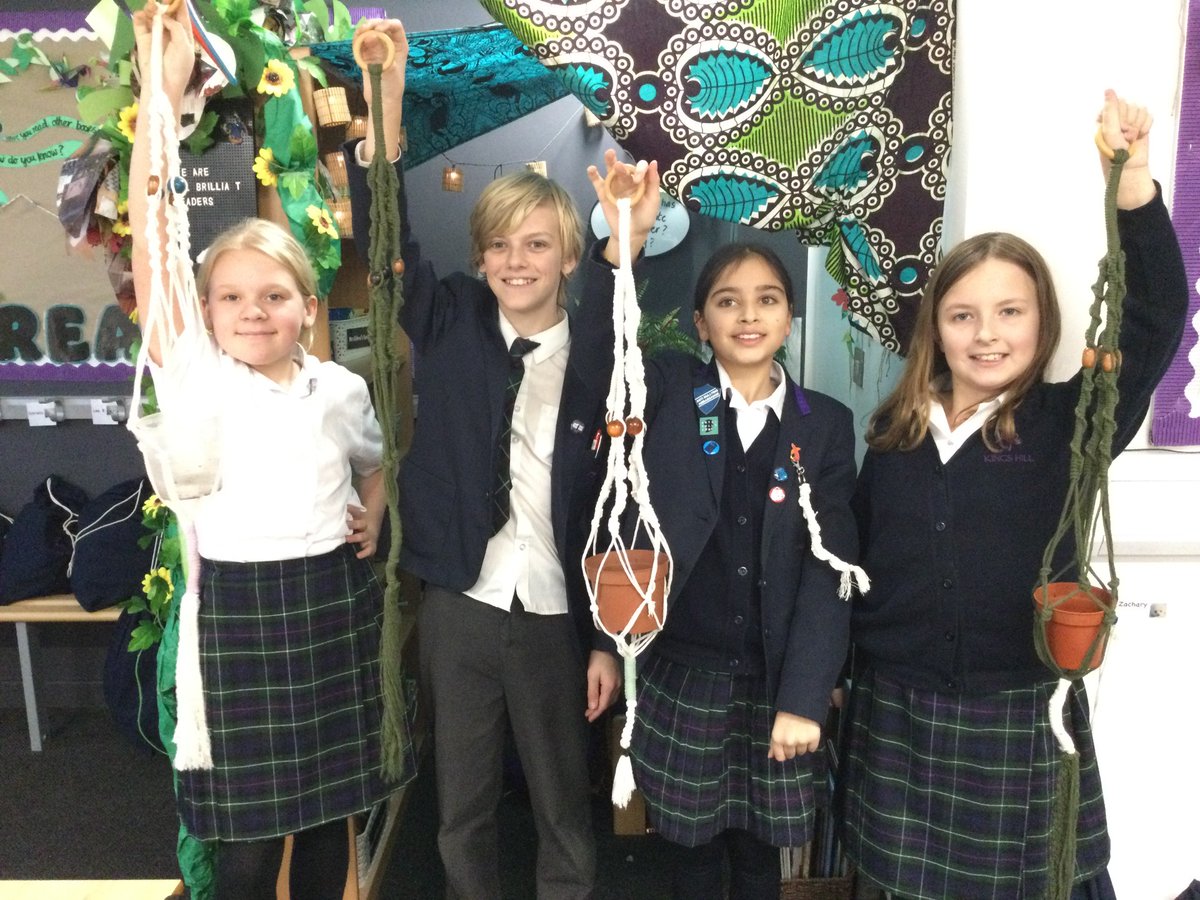Download our FREE smartphone app today!
Relationships and Sex Education (RSE)
As a part of your child’s education at Valley Invicta Primary School at Kings Hill, we promote personal wellbeing and development through a comprehensive Personal, Social, Health and Economic (PSHE) education programme.
PSHE education is the curriculum subject that gives children the knowledge, understanding, attitudes and practical skills to live safe, healthy, productive lives and meet their full potential. All classes take part in lessons which focus on the relationships and sex education (RSE) aspect of this programme.
Why are we teaching this aspect of the curriculum?
Age four to six (Reception – Year 1): From this age, children should be able to identify safe situations and those which may be risky, like other children or adults taking improper photographs of them. They should be able to identify trusted adults (both at home and school) who they can talk to if they feel worried. Within this age group they should understand about different types of families, including those with same sex parents. The emphasis being on all different types of families.
Age six to eight (Year 2 – 3): Understanding the importance of boundaries within friendships and personal relationships is important, including online and through technologies such as mobile phones and games. They should know what films, programmes and online content they should and shouldn’t be watching, in addition to who to tell, if someone encourages them to watch inappropriate content (this is a grooming tactic).
Age eight to nine (Year 4): By this age, children need to be taught about the emotional and physical changes of growing up, coping strategies for different emotions, as well as looking after their bodies and the onset of puberty. We find that some girls may even be starting their periods in year 4, so it is critical that they have this knowledge at this age. We also recommend giving a gentle introduction to reproduction, this is the point at which we find we are able to tell children before they have received a muddled version from an older sibling or peers have been looking online for the definition of “sex”.
Whilst some parents and teachers may question this age, it is important to know that ‘sex’ is spoken and sung about, widely in the media including in pop music aimed at children (e.g. Little Mix). If children type this simple word into the internet to find out what it means they will be presented with graphic and often disturbing images, so it is better to educate the children in a gentle age appropriate manner, than to leave them hungry for information.
Age nine to 11 (Year 5 – 6): At these ages it is important to review the previous information taught, as children tend to absorb and retain elements of the information when it is of relevance to them. So we allow children to ask more questions in these year groups, to ensure they understand what they have been taught and fill in any gaps in knowledge.
They will often want more details on conception, how babies develop (including twins) and are born. Sometimes they ask how people can get germs from sex and how they can be prevented, or there may be curiosity about feelings or body image – each group is different.
Lesson guidance
All PSHE teaching takes place in a safe learning environment and is underpinned by our school ethos and values.
In teaching Relationships Education and RSE, we ensure that the needs of all pupils are appropriately met, and that all pupils understand the importance of equality and respect.
We comply with the relevant provisions of the Equality Act 2010, under which sexual orientation and gender reassignment are amongst the protected characteristics.
However, we ensure that all of their teaching is sensitive and age appropriate in approach and content.
Parent Information
Resources
https://pshe-association.org.uk/resource/changing-and-growing-up-ks2
https://pshe-association.org.uk/resource/learning-and-playing-together
https://pshe-association.org.uk/resource/personal-identity-ks2-lesson-pack
https://www.bbc.co.uk/teach/class-clips-video/articles/zwb2jsg#zdhf9ty
https://learning.nspcc.org.uk/research-resources/schools/love-life#skip-to-content

